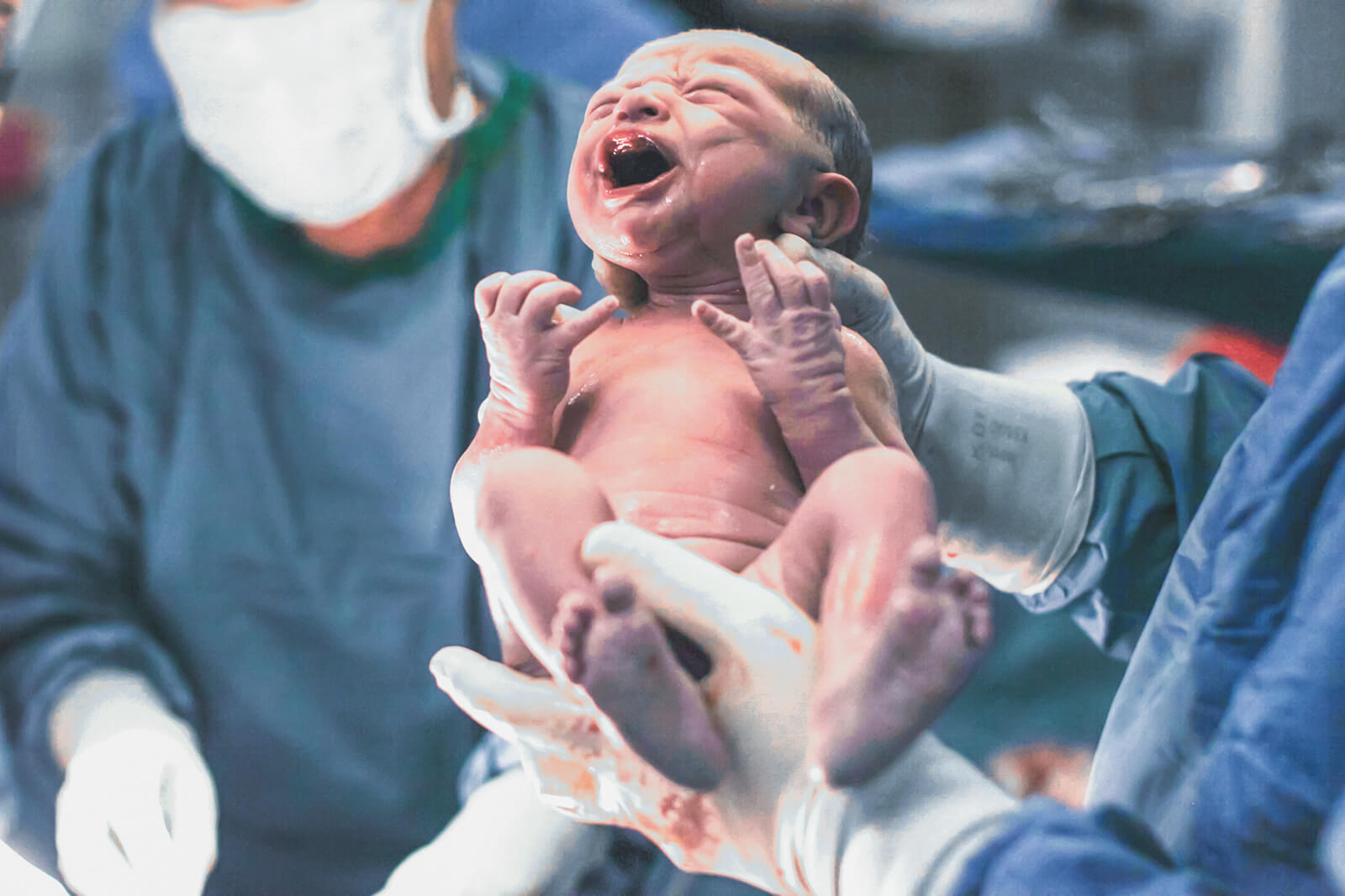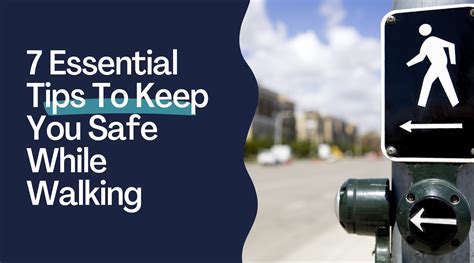Childbirth Hospital Bag Checklist

As the due date approaches, excitement and anticipation fill the air, but it’s essential to be prepared for the big day. One of the most critical tasks for expectant mothers is packing a hospital bag. A well-prepared hospital bag can make a significant difference in ensuring a smooth and comfortable experience during labor, delivery, and recovery. In this article, we’ll provide a comprehensive childbirth hospital bag checklist to help new parents prepare for their baby’s arrival.
Understanding the Importance of a Hospital Bag
Before diving into the checklist, it’s crucial to understand why packing a hospital bag is essential. A hospital bag is a collection of items that a mother-to-be and her partner or support person will need during the hospital stay. Having these items readily available can reduce stress and anxiety, allowing the focus to be on the birth and welcoming the new baby. It’s recommended to pack the bag by the 36th week of pregnancy, in case the baby decides to arrive early.
Packing Essentials for Mom
When it comes to packing for mom, there are several essentials to include:
- Clothing:
- 2-3 nightgowns or comfortable clothing for labor and recovery
- A bathrobe and slippers for walking around the hospital
- Underwear and bras (nursing bras if planning to breastfeed)
- A going-home outfit
- Toiletries:
- Toothbrush, toothpaste, and dental floss
- Deodorant, hairbrush, and any other essential hygiene items
- Lip balm and hair ties
- Contact lenses and solution (if applicable)
- Prescription medication and any necessary documentation
- Comfort Items:
- Pillow and blanket from home (if desired)
- Phone and charger
- Camera or phone for capturing memories
- Snacks and drinks (if not provided by the hospital)
- Massage ball or other comfort measures for back pain
- Breastfeeding Support:
- Nursing pads (if planning to breastfeed)
- Breast pump (if planning to express milk)
- Nipple cream and any other breastfeeding supplies
Packing Essentials for Partner/Support Person
It’s also essential to pack some items for the partner or support person:
- Clothing:
- A change of clothes (in case of unexpected delays or messes)
- Comfortable shoes and layers for temperature control
- Toiletries:
- Toothbrush, toothpaste, and any other essential hygiene items
- Snacks and drinks (if not provided by the hospital)
- Entertainment:
- Phone and charger
- Book or magazine
- Music or podcasts
Packing Essentials for Baby
Don’t forget to pack some essential items for the new baby:
- Clothing:
- Onesies or baby clothes (2-3)
- Socks or baby booties
- Hats and mittens (if desired)
- Diapering Essentials:
- Diapers (size 1 or 2)
- Diaper cream
- Burp cloths
- Swaddles and Sleep Sacks:
- Swaddles or sleep sacks (if desired)
- Car Seat:
- Car seat (make sure it’s installed correctly in the vehicle)
Additional Tips and Reminders
- Check with the Hospital: Before packing, check with the hospital for any specific items they may require or recommend.
- Keep the Bag Accessible: Keep the hospital bag in an easy-to-reach location, such as the car or by the front door.
- Pack a Separate Bag for Partner/Support Person: Consider packing a separate bag for the partner or support person, in case they need to stay overnight or provide additional support.
- Don’t Forget the Insurance Cards and Identification: Make sure to pack insurance cards, identification, and any other necessary medical information.
What is the best time to pack a hospital bag?
+It's recommended to pack a hospital bag by the 36th week of pregnancy, in case the baby decides to arrive early.
What are the most essential items to pack in a hospital bag?
+The most essential items to pack in a hospital bag include comfortable clothing, toiletries, snacks, and any necessary medical information or documentation.
Can I pack a separate bag for my partner or support person?
+Yes, it's a good idea to pack a separate bag for your partner or support person, in case they need to stay overnight or provide additional support.
By following this comprehensive childbirth hospital bag checklist, new parents can ensure they’re prepared for a smooth and comfortable experience during labor, delivery, and recovery. Remember to check with the hospital for any specific items they may require or recommend, and don’t hesitate to reach out to a healthcare provider if there are any questions or concerns. With the right preparation and mindset, the journey to parenthood can be a joyful and empowering experience.



